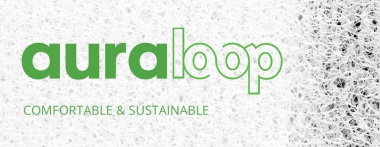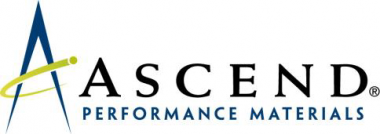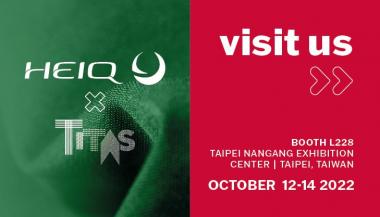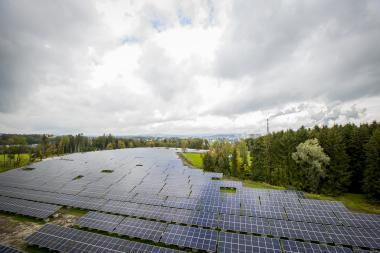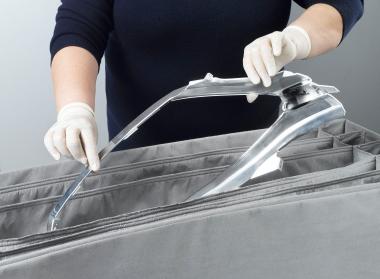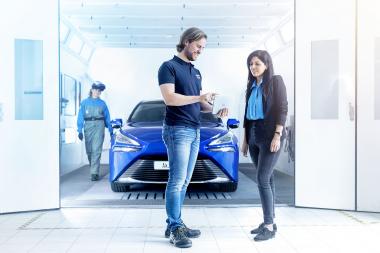Novafiber starts up textile recycling and airlay lines from ANDRITZ
International technology group ANDRITZ has delivered, installed, and commissioned a mechanical textile recycling line and an airlay line at Novafiber’s nonwovens production mill in Palín, Guatemala. Both lines have been successfully operating since December 2022.
The recycling line – the second tearing line ANDRITZ supplied to Novafiber – processes post-industrial textile waste from Central America. The recycled fibers feed the latest ANDRITZ Flexiloft airlay line, which produces nonwoven end-products for the bedding and furniture industries – a true example of a circular textile-to-nonwoven approach. The production process ensures complete material use as a state-of-the-art edge trim recycling system returns any waste directly to the tearing and/or airlay line.
This combination of ANDRITZ tearing and airlay lines allows Novafiber to process large amounts of post-industrial garments, controlling the supply chain from raw material to final product. In addition, it enables energy savings and a reduced carbon footprint due to the reduction of shipments.
Based in Palín, Novafiber is a leading company in Guatemala for producing nonwovens from post-industrial textile waste for both the local market and export.
ANDRITZ AG


















